Why your home needs a 'sweeping week' to permanently kick chore stress to the curb – it's a 'weirdly liberating' gamechanger for shared spaces, say cleaning pros
3 ways to use this brilliant cleaning concept to banish chore overload


Design expertise in your inbox – from inspiring decorating ideas and beautiful celebrity homes to practical gardening advice and shopping round-ups.
You are now subscribed
Your newsletter sign-up was successful
Want to add more newsletters?

Twice a week
Homes&Gardens
The ultimate interior design resource from the world's leading experts - discover inspiring decorating ideas, color scheming know-how, garden inspiration and shopping expertise.

Once a week
In The Loop from Next In Design
Members of the Next in Design Circle will receive In the Loop, our weekly email filled with trade news, names to know and spotlight moments. Together we’re building a brighter design future.

Twice a week
Cucina
Whether you’re passionate about hosting exquisite dinners, experimenting with culinary trends, or perfecting your kitchen's design with timeless elegance and innovative functionality, this newsletter is here to inspire
There is a time-honored cleaning tradition in Germany known as 'Kehrwoche', which helps residents keep on top of cleaning communal spaces as a team. This is a golden rule you can easily implement in your household so the load of chores is properly shared.
Bringing this communal system of chores into the home is something many professional home organizers swear by and for good reason too. It really works to keep the house clean with minimal stress.
Here, cleaning experts share their cleaning tips for implementing the concept behind European 'sweeping week' in your home, including changing the way you use a chore rota and helping your household members take ownership of tasks.
What is Kehrwoche?
Kehrwoche, which translates to 'sweeping week' is essentially a rotating chore schedule, often used among apartment building residents in Germany, where each household is responsible for cleaning shared areas, like stairwells, sidewalks, basements, and driveways during their assigned week.
This makes the process specific, with a clear timeline, and no shared spaces being left behind because of a lack of accountability or clarity.
The concept of having a sweeping week is actually less about deep-cleaning, and more about 'shared accountability, routine, and a quietly powerful form of social respect,' says Sofia Martinez, CEO of Sparkly Maid Austin.
She explains, 'Kehrwoche is one of the most quietly brilliant systems of household upkeep that deserves a spotlight far beyond its Swabian-German roots. As a cleaning expert who's obsessed with systems that actually work, I have a deep appreciation for this tradition.'
Design expertise in your inbox – from inspiring decorating ideas and beautiful celebrity homes to practical gardening advice and shopping round-ups.
'What makes it brilliant is that it removes the ambiguity around cleaning. Everyone knows when it's their week and what's expected. Bringing Kehrwoche into your own home – whether you live with roommates, a partner, or even kids – can be a game-changer.'
Karina Toner, cleaning expert and operations manager at Spekless, agrees, adding, 'If you’ve ever lived in a shared house where no one knew whose turn it was to take out the bins, Kehrwoche might be your dream system. Nothing fancy, just a recurring schedule that keeps the peace (and the grime) in check.
'But Kehrwoche isn’t just about rules – it’s about rhythm. Everyone knows their week, everyone does their bit, and no one ends up quietly resenting the hallway dust.'
Here are three clever ways to take that idea and build it into your achievable cleaning routine at home:
1. Swap random chores for actual turns
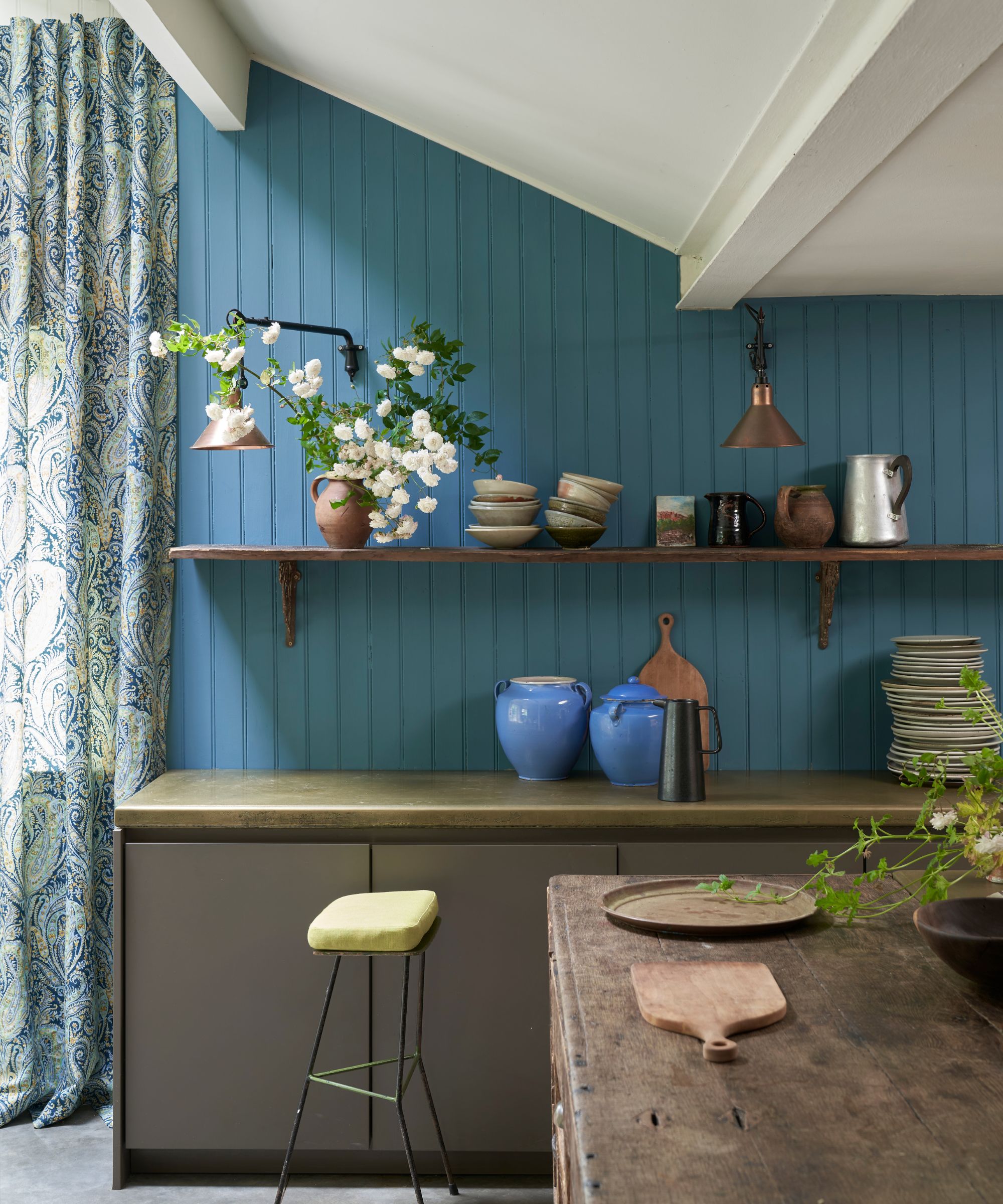
Don't just assign chores, assign time
Looking to change up your cleaning routine for the better, or adopt a 'different day, different room' housekeeping schedule? Ditch your rota that focuses on specific tasks, says Karina.
Instead of everyone “helping out,” and doing different, assigned tasks at random times, everyone adopting a Kehrwoche-style setup means your name is on the list for specific times and jobs.
Karina examples the concept, explaining, 'This week it’s your turn to sweep or wipe surfaces, next week it’s mine. No confusion, no nagging. It sounds boring, but it’s weirdly liberating.'
And, as Carolia Kazimierski, president and co-owner of Sophia's Cleaning Service adds, this is a brilliant way to introduce children to chores, without causing any overwhelm.
'Assigning each child a week or even a day where they are responsible for sweeping out communal areas and picking up can be a great way to delegate chores and teach responsibility for living spaces,' she says. 'It can also be empowering for kids to be "in charge" like this.
'This can also be helpful if you are living with roommates or in a multi-adult household for when it snows, or for maintaining a tidy garden, too. Having a week where one person is responsible for any snow or yard cleanup helps keep the burden off of any one individual, and can help keep your yard looking nice and any pathways or porch steps clear and safe.
'If you're going to implement this system in a communal living situation, I definitely recommend having it on a rotating basis so people can predict when it's going to be their "turn." It's a great practice when it comes to sharing the burden and teaching respect for communal spaces.'
Using a rota, such as the Bliss Collections Weekly Planning Pad available at Amazon, and posting it somewhere obvious is a great way to ensure everyone knows exactly what they're doing, when.
'The less people have to guess, the more likely it'll get done without drama,' adds Karina.
2. Give shared spaces real ownership
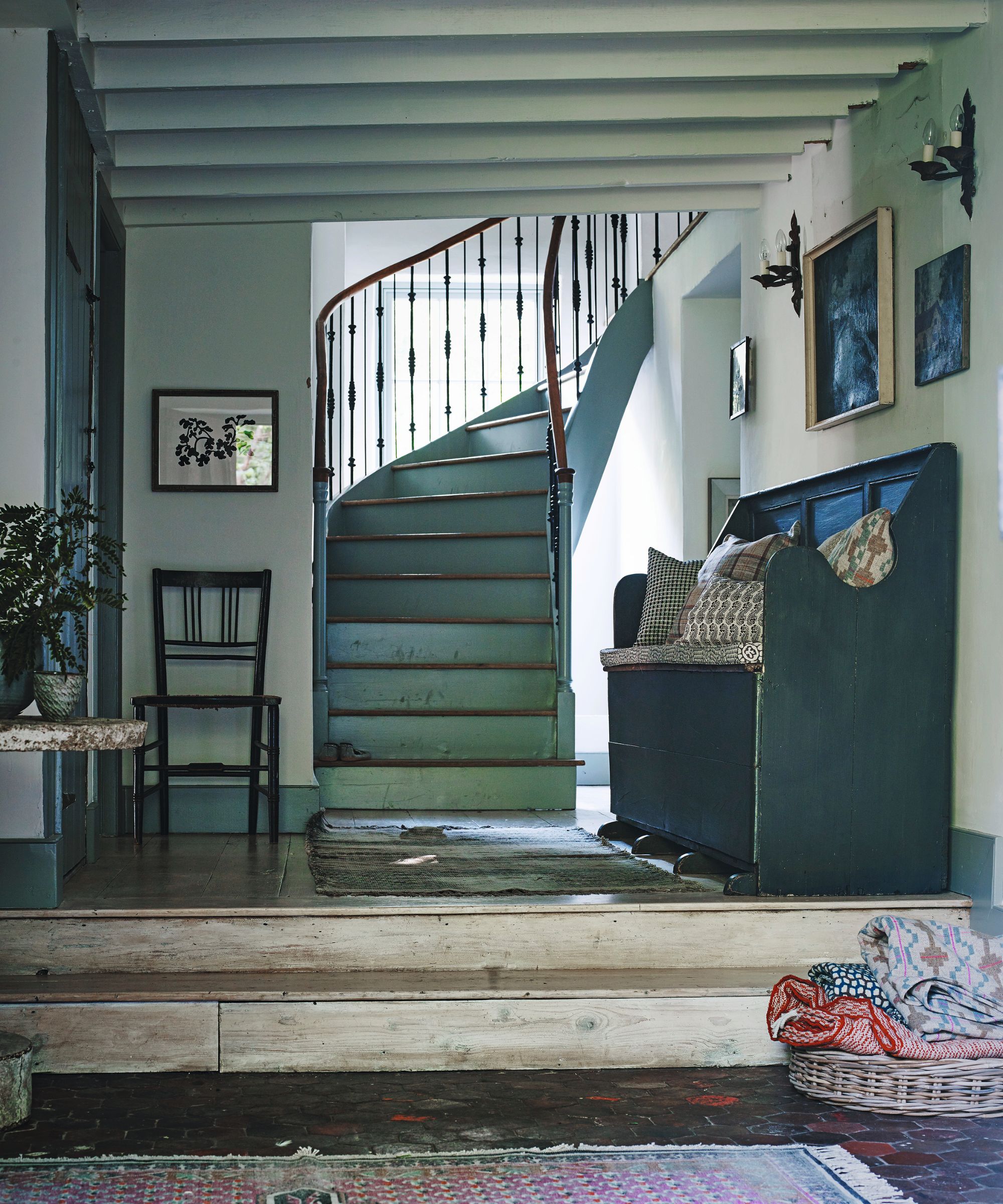
Kehrwoche ensures communal spaces never go neglected.
Often, the burden of cleaning the living room, entryway, kitchen, or shared bathrooms goes unclaimed, with everyone assuming it's someone else's job – or problem. So, says cleaning pro Karina, the system of Kehrwoche ensures everyone does their bit in maintaining these spaces, but only when it's their turn to.
'It’s easy to let entryways, hallways, or shared desks become no-man’s-land,' she explains. 'In Kehrwoche, those are the priority. Even if it’s just clearing shoes or cleaning the front door, it makes the space feel looked after – and not just by one person.'
And, as Sofia adds, assigning and rotating these areas creates 'clarity and fairness, instead of chaos and passive aggression.'
3. Let people put their own spin on it

Let people find their own rhythm.
Finally, says Karina, the key to unlocking the stress-busting cleaning power of Kehrwoche is letting people put their own spin on the way they look after the home. It's all about finding the right cleaning balance and motivating your family to clean, not forcefully delegating certain chores.
'One person might just sweep the stairs, another might add a vase to the hallway,' she says. 'That’s the charm – the space reflects whoever’s week it is. It’s more about consistency than uniformity.'
Communal cleaning essentials
All prices were correct at the time of publication.
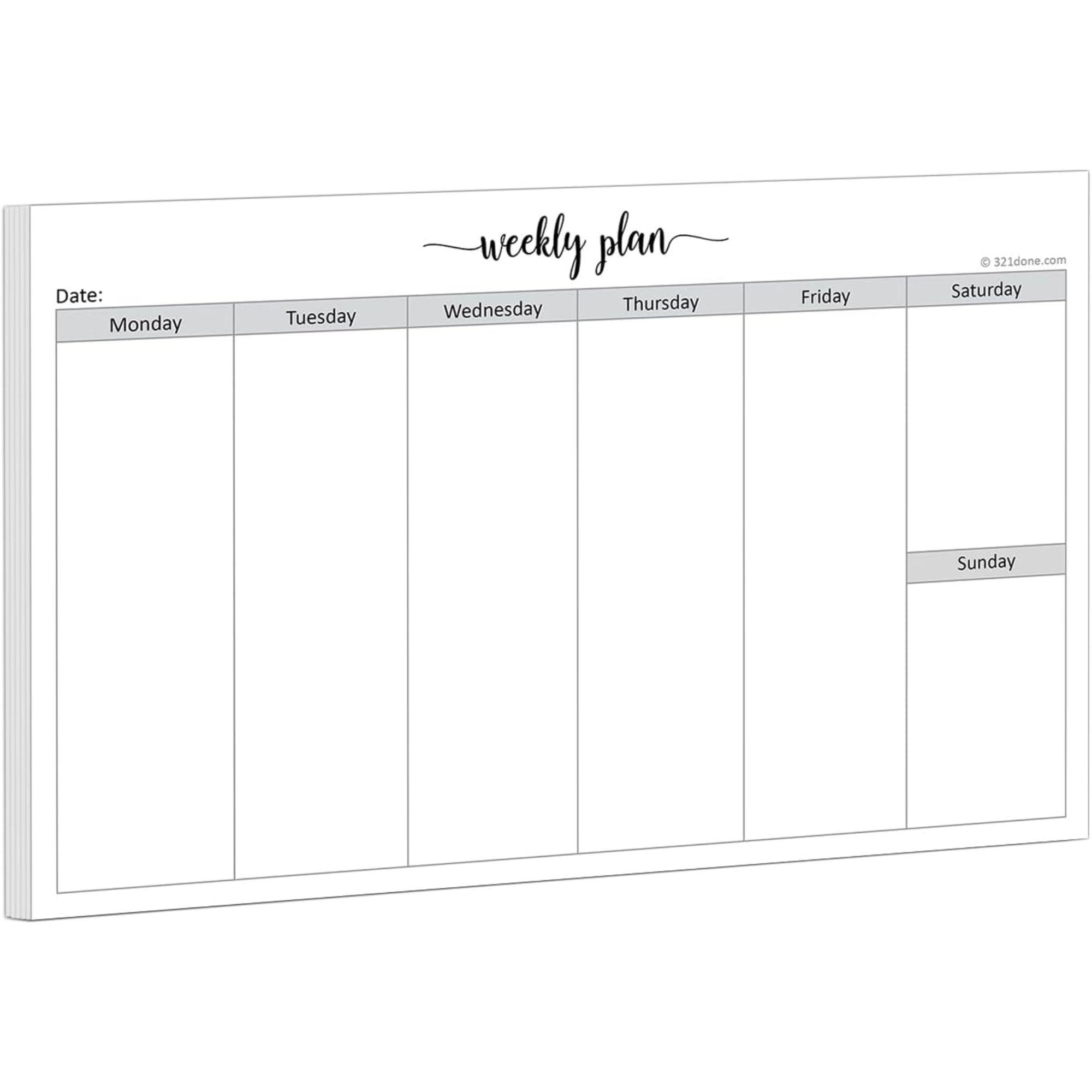
Pop this stylish weekly planner in your kitchen or entryway, so everyone knows when it's their turn to pitch in and help clean.
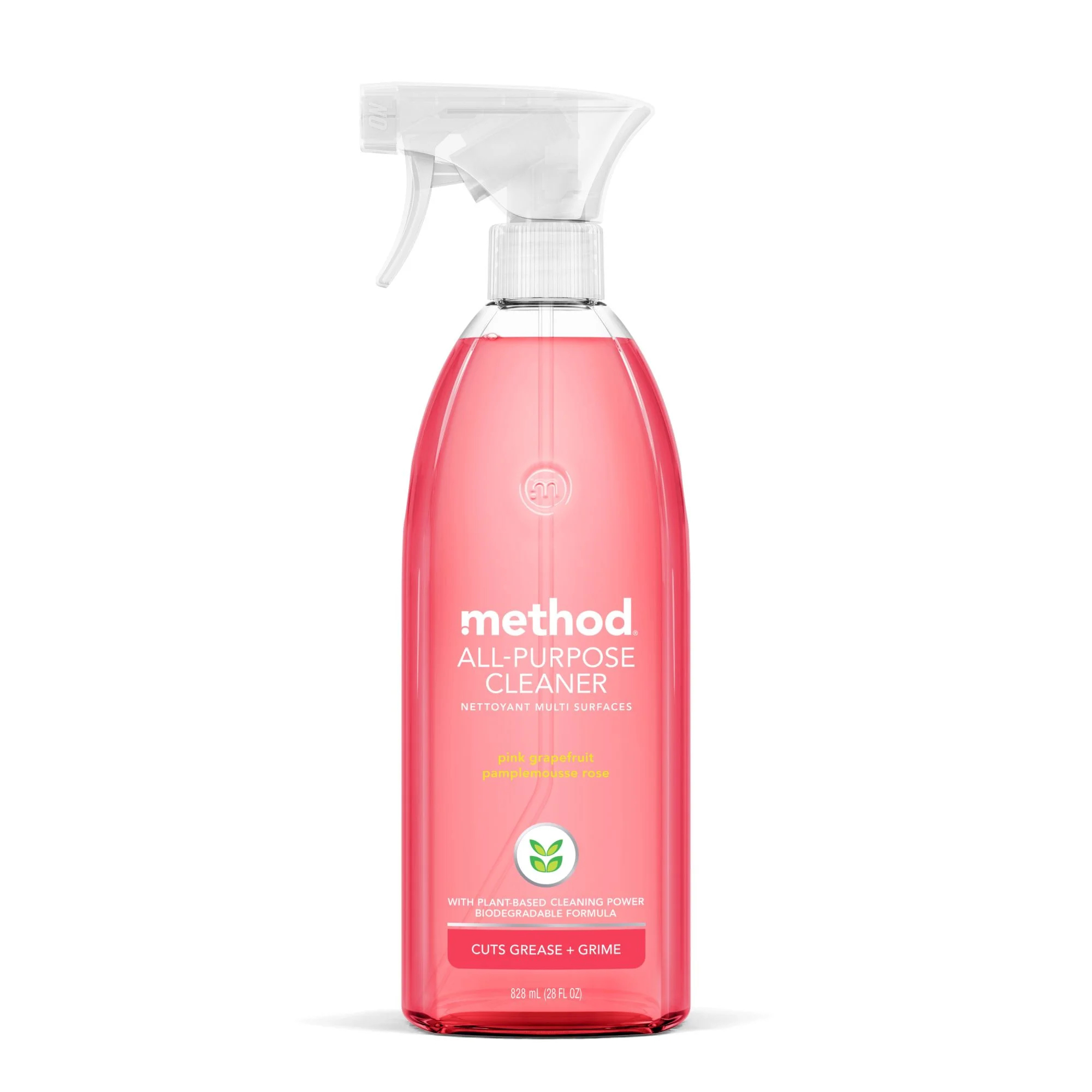
Keeping your cleaning supplies fully stocked will mean no excuses. This all-purpose, cruelty-free spray is suitable for almost all non-porous surfaces, from wood to stone.
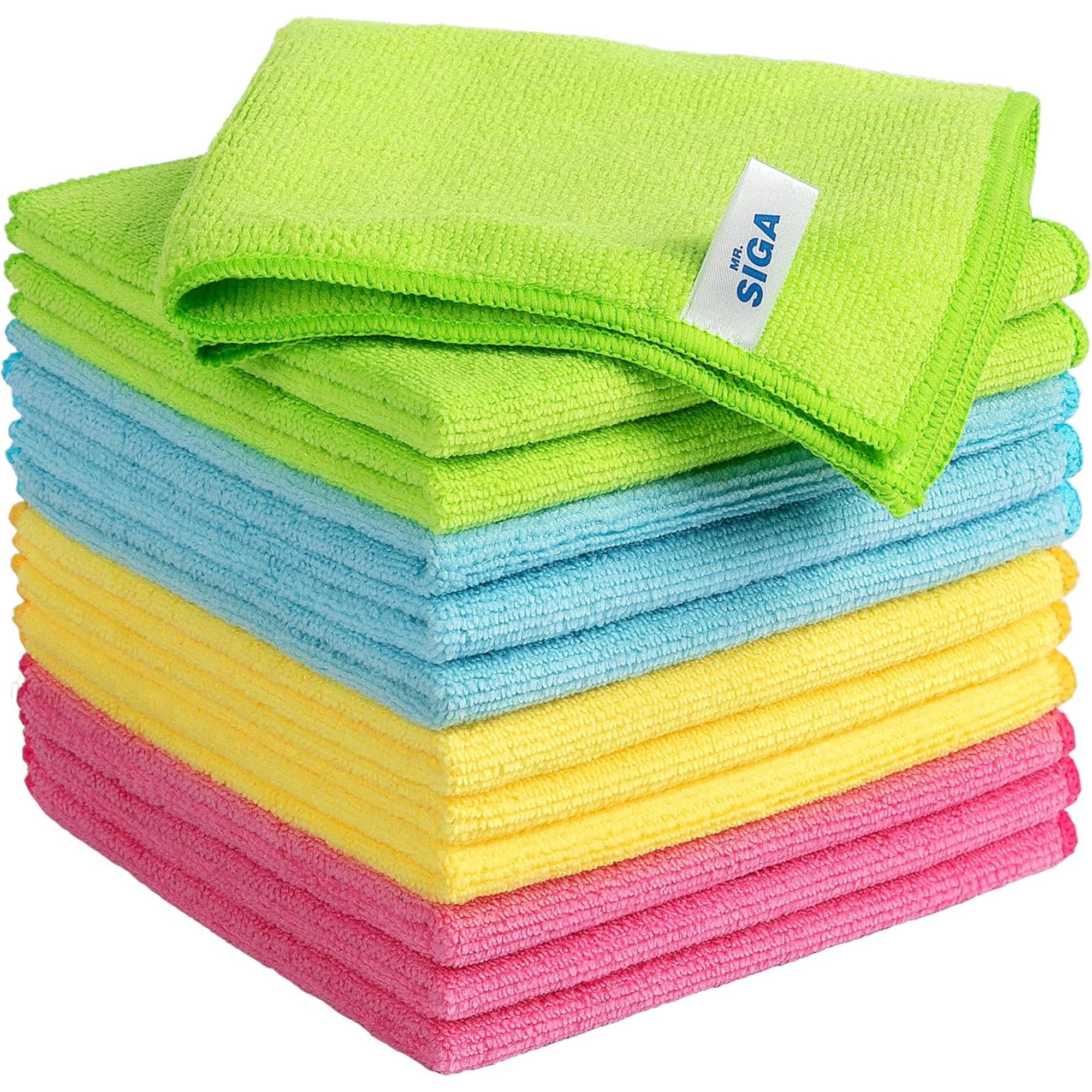
Whether dusting, cleaning, or polishing, these microfiber cloths are super soft, absorbent, and lint-free, to ensure a streak-free finish every time.
Meet our experts

Since Carolina took the helm five years ago, Sophia's Cleaning Service has doubled in size, tackling all cleaning tasks from commercial office cleaning to maid services.

With numerous contributions in Homes & Gardens, Real Homes, The Spruce, and many more, Karina is an expert at advising on how to adopt cultural cleaning practices in any home space.

Sofia is a cleaning expert and the CEO of Sparkly Maid Austin, a leading name in professional cleaning services, with over a decade of comprehensive experience in both residential and commercial cleaning.
'What really seals the deal is building a rhythm of light accountability without shame, and pairing it with small, consistent rewards like the winner choosing Friday’s dinner or the weekend movie.'
Have you heard of the 'dido-baazdid' tidying culture in Iran? Punteha van Terheyden, head of Solved here at Homes & Gardens says it keeps her home 'permanently tidy' and guest-ready, reducing any build of up mess or clutter. For something more meditative, consider Vastu Shastra organizing, instead.

Ottilie joined Homes & Gardens in 2024 as the News Writer on Solved, after finishing a Master's in Magazine Journalism at City, University of London. Now, as the Sleep Editor, she spends her days hunting deals and producing content on all things sleep – from mattresses and sheets to protectors and pillows, all of which she tests in her own home. She also has particular expertise in home fragrance, covering everything from candles to reed diffusers.
Previously, she has written for Livingetc and Motorsport Magazine, and also has a Master's degree in English Literature and History of Art from the University of Edinburgh, where she developed a love for inspiring interiors and architecture.